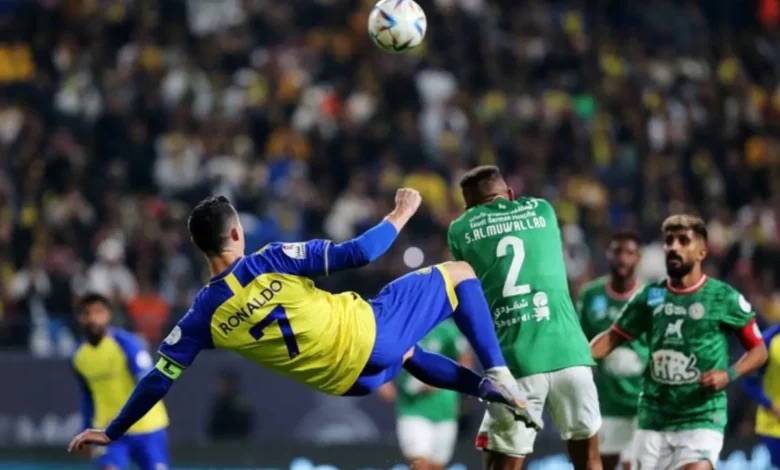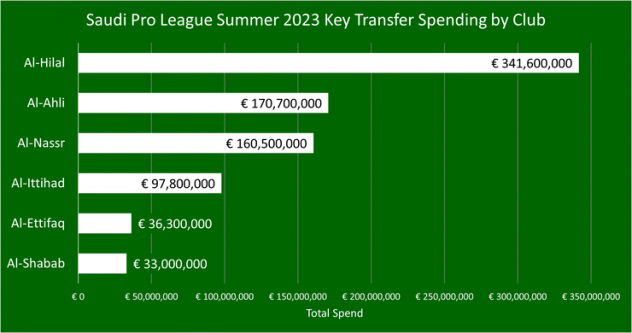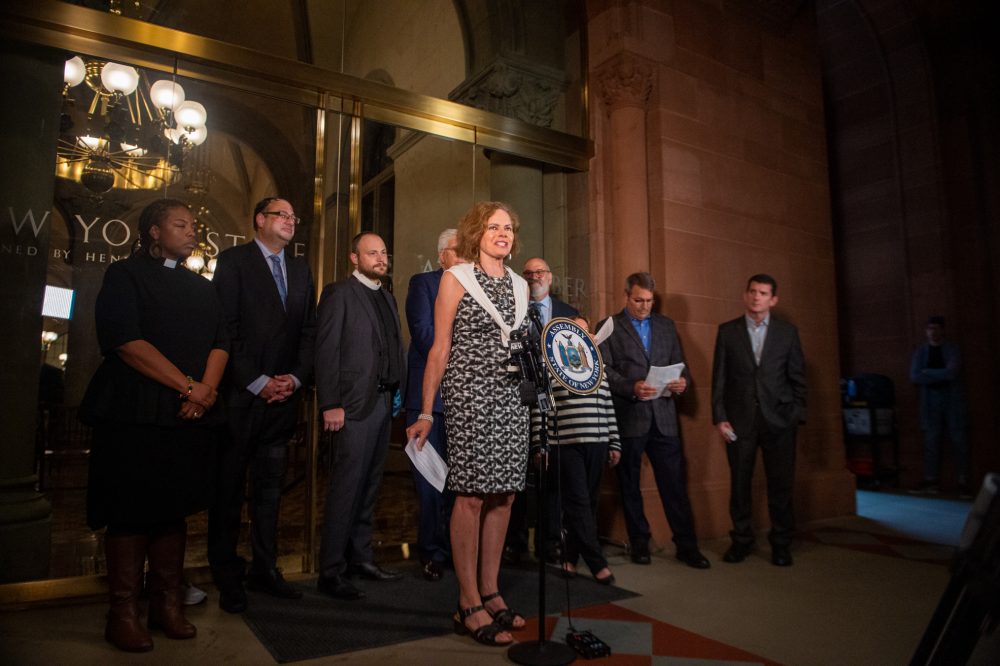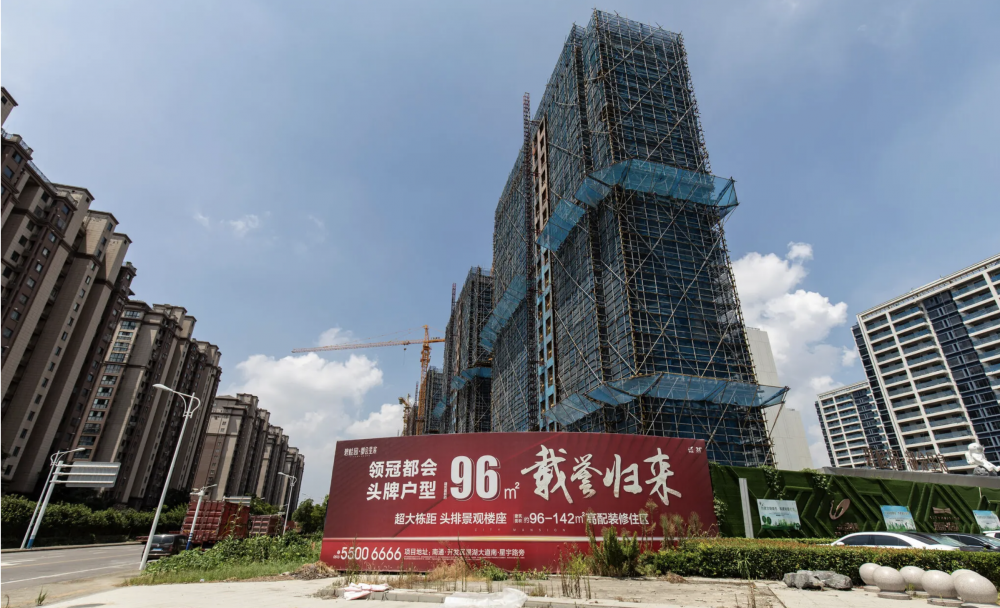
Writer: Saniya Pendarkhar | Editor: Kiet Hoa
Football in 2022 was nothing short of a marvelous experience for fans.
Lionel Messi finally lifted his most important trophy and Argentine fans celebrated in the streets for weeks as they had rightfully earned the title of World Champions; Real Madrid lifted their 14th Champions League trophy in a nail-biting 1-0 win against Liverpool; and football finally came home as the English Lionesses defeated Germany in a thriller over-time Women’s Euro Final.
But, in the transfer market, something massive was brewing.
In December 2022, just days before the new year, the Saudi Pro League (RSL) announced bombshell news that shocked the football world: Christiano Ronaldo, one of the greats, would be transferring to Al-Nassr in the RSL, for an annual base salary of around $75 million for 2.5 years along with roughly $140 million in commercial deals and image rights.
Some blamed him for picking money over passion, others applauded him for his ambition to advance the sport in the Middle East, and some fans even thought the news was fake! Whatever you might think, there is no doubt that Ronaldo’s move was the first domino in a series of historic transfers: Neymar Jr, Karim Benzema, and Roberto Firmino from top European clubs.
Ronaldo’s transfer was part of Crown Prince Mohammed Bin Salman’s greater project: Vision 2030. With the goal of economic diversification, Vision 2030 aims to lead Saudi Arabia away from its fossil fuel dependency with the help of football. Furthermore, the country’s Public Investment Fund (PIF) has greatly impacted international football. So, how has the PIF changed the football landscape? Why has Vision 2030 focused on football? Lastly, how has this massive financial presence affected European football?
The Public Investment Game Plan
Created in 1971, the Public Investment Fund is Saudi Arabia’s sovereign wealth fund and one of the biggest wealth funds in the world, with around $925 billion worth of assets under management. Crown Prince Mohammed Bin Salman controls the PIF, and its purpose is to invest on behalf of the Saudi Arabian government. More than half of the PIF’s investments are within Saudi Arabia and on private multi-industry companies. Interestingly, the PIF has become prominent in local and foreign football leagues in recent years.
In 2021, the PIF took ownership of the Premier League (EPL) club, Newcastle United F.C., in one of the most complicated takeovers in EPL history. After almost a year of legal drama, the PIF obtained an 80% stake in the club, with PCP Capital Partners and Reuben Brothers (consortiums of the PIF) each taking 10%. In total, the takeover was worth almost $390 million. A report in April 2023, by the sports journal, The Athletic, stated that the UK Department of International Trade had attempted to improve the reputation of Saudi Arabia by creating a public relations offer to the Premier League. Public relations aside, the takeover is very significant as it diversified the Saudis’ investments away from oil by leveraging sports as a platform for growth.
In 2023, the PIF purchased a 75% stake in four major RSL clubs: Al Nassr (where Ronaldo transferred to), Al-Ahli, Al-Ittihad, and Al-Hilal. This enormous move in ownership aimed to “unleash various commercial opportunities…across numerous sports,” stated the PIF. However, these moves were met with a fair amount of criticism from sports journalists and human rights activists who claimed that these actions were due to a “sportwashing” ploy. The argument of “sportwashing” refers to corporations, governments, etc, using sports to mask past controversies and wrongdoings. Regardless of true intentions, the PIF’s increased ownership of football clubs is all part of Vision 2030.
The Economic Vision 2030
Saudi Arabia’s Vision 2030 was launched in 2016 under the direction of the Custodian of the Two Holy Mosques, King Salman and His Royal Highness, the Crown Prince, and the Prime Minister. It is termed “an ambitious plan for an ambitious nation,” and intends to transform the country’s socio-economic landscape through three phases, “each lasting five years and building on the last.”
The ultimate goal of Vision 2030 is to diversify the economy, driving economic growth beyond oil and lessening the country’s dependence on its oil sector. Saudi Arabia’s 0.8% GDP contraction in 2023 can be attributed to a 9% decline in oil activity. However, in the same period, the non-oil sectors expanded by 4.4%. According to the Ministry of Economy and Planning, the non-oil sector was valued at roughly $453 billion in constant prices and accounted for 50% of Saudi Arabia’s GDP in 2023, a record high.
During the 2023 summer transfer window, Saudi Arabia spent $875 million purchasing foreign players according to the FIFA International Transfer Snapshot. Saudi Arabia’s significant contribution to the summer’s total spending ($7.36 billion, an all-time high) contributed to the 47.2% total spending increase from 2022.
All this spending has already started to pay off in the RSL. The league saw a 650% increase in revenue in the first month of the 2023/24 season (seasons last from Aug-May) at around $120 million. Broadcasting revenue also significantly increased as international broadcast deals increased; the 2022/2023 season generated roughly $710,000. Finally, digital and social engagement has grown with the league, attracting 75% more sponsors, and making the RSL the third most profitable league in the world regarding sponsorship revenue. In the coming years, the country aims to quadruple its football revenue and have the sport’s sector contribution to non-oil GDP be more than 1.2% by 2030.

Figure 1: In the summer of 2023, Al-Hilal acquired Neymar Jr. and Al-Ittihad acquired Karim Beneza (for free). It is not a coincidence the four PIF-owned clubs have the highest spending. Image by Football Betting Sites
Saudi Arabia has shown no signs of slowing down their football presence. Their goals certainly seem attainable, but how has this major financial presence affected the domineering European football leagues?
But, what about Europe?
The PIF’s takeover of Newcastle United turned the club into one of the richest in the English Premier League overnight. As a result, other EPL teams were forced to reassess their financial strategies and investment policies. Furthermore, the player market became increasingly inflated now that Newcastle could outbid almost everyone, which led to high transfer fees and wages. This acquisition also affects the talent pool since Newcastle has greater financial power to attract high-demand players. This situation exactly parallels the broader picture of Saudi’s increased football profile.
While the RSL lags in revenue compared to major European leagues, it still has enormous financial power. Their financial prowess has caused issues in Europe similar to Newcastle’s in England.
For the high and mighty European clubs like Manchester United or Barcelona, lower-quality leagues such as those in Saudi Arabia were not considered a threat to the talent pool and transfer market. Saudi Arabian tours proved fruitful, and offloading aging players to the RSL worked well. For instance, despite the shock of Ronaldo’s transfer, Manchester United (his preceding club) was likely relieved that he was leaving after some dramatic events. Similarly, the high wages in the RSL offered Chelsea the opportunity to reduce their overfilled roster by selling players.
Recently, however, the RSL is no longer satisfied taking in Europe’s aging or undesired players and European leagues’ inability to compete with the high wages in Saudi Arabia has proved to be a problem. For example, 26-year-old Rúben Neves (from the 25th richest team) and 30-year-old Marcelo Brozovic (who had strong interest from Barcelona) transferred to the RSL last year. The transfer of two young and talented players to RSL clubs highlighted European teams’ vulnerabilities and inability to financially keep up with the RSL.
The Future & Closing Remarks
The RSL’s growing presence and newest state-of-the-art stadiums and facilities are likely part of their preparations to host the 2027 AFC Asian Cup which sets the stage for the 2034 FIFA World Cup. Intending to increase tourism as part of economic diversification, hosting massive tournaments is certainly a large step.
However, critiques have not been silent. Human rights activists have urged FIFA and the Middle East to impose stricter human rights requirements before 2034— similar to what was asked in 2022 when Qatar hosted the World Cup. As Saudi Arabian football continues to expand, claims of sportswashing have grown rampant, and the Crown Prince has maintained an indifferent stance to the allegations.
Despite the controversy, Saudi Arabia’s RSL has certainly made a name for itself in the last few years. Supported by the PIF, football in the country plays an important role in its efforts of economic diversification, Vision 2030. With the winter transfer window approaching, the RSL will likely make some attractive bids to star players. We’ll just have to wait and see.
Featured image by Ahmed Yorsi and Reuters



